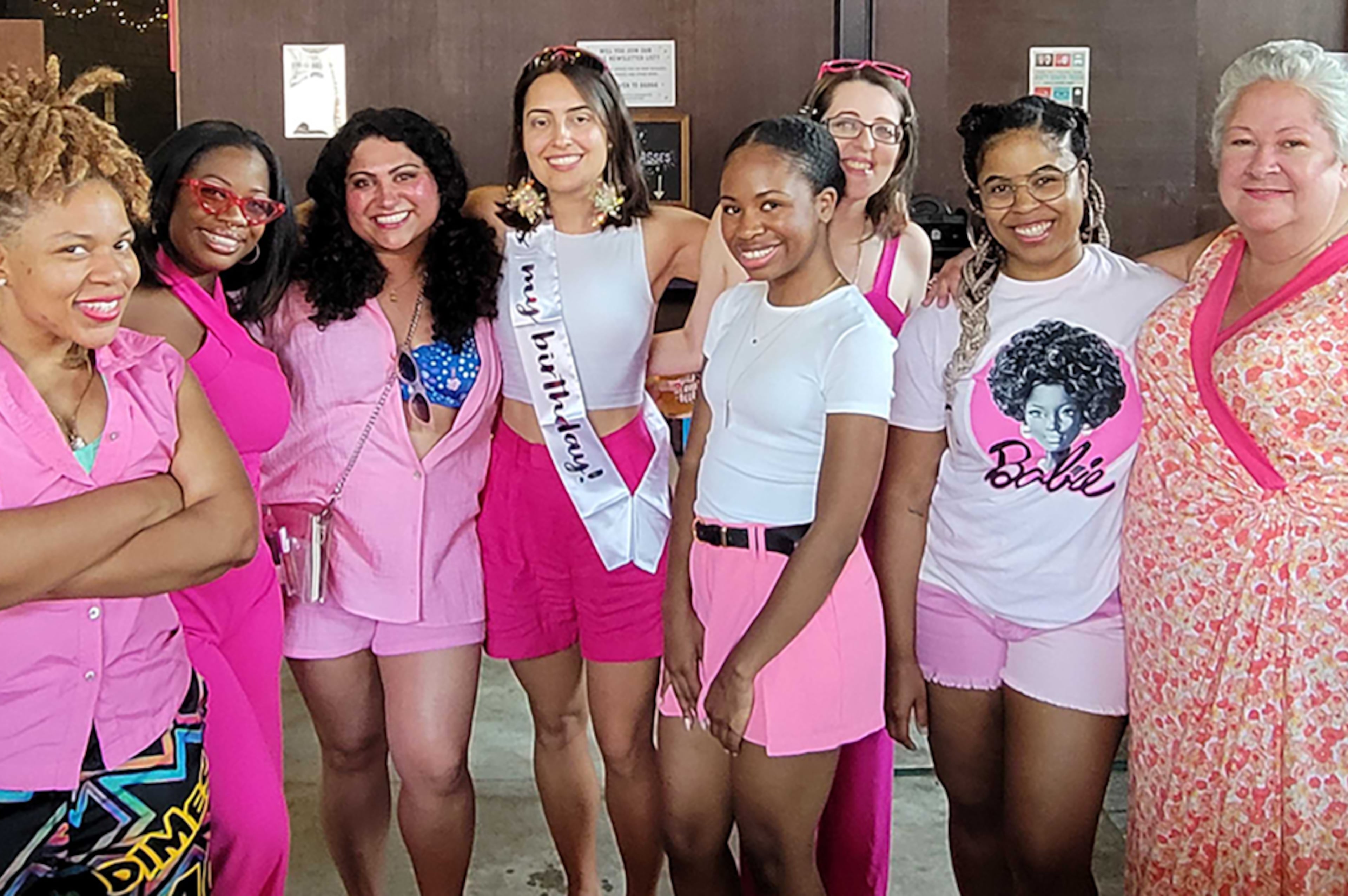More than mentors: Why Black boys thrive when they see Black men in power

What if every Black boy in Georgia saw himself reflected in the people shaping his future?
When I moved to Atlanta in 2010 to attend John Marshall Law School, I had met only two Black male attorneys in my entire life. They weren’t even practicing at the time; they were professors at Elizabeth City State University, where I earned my undergraduate degree.
Wayman Parsons and Delacy Stith were bold, balanced, brilliant and unapologetically Black. They didn’t just teach legal concepts; they modeled possibility. Their presence in the classroom wasn’t just inspirational, it was transformational. I didn’t just believe in the law because of them — I believed in myself.
Arriving in Atlanta was like stepping into a vision of what was possible. Billboards across the city reflected faces that looked like mine. Black excellence wasn’t hidden here; it was on display, from entrepreneurs to entertainers. Atlanta didn’t just feel like a city; it felt like home, like family.
But my law school internship at a juvenile defender’s office quickly reminded me that not all Black boys were afforded the same sense of belonging or affirmation. Most of the youth we represented weren’t hardened criminals. They were kids — brilliant, curious, misunderstood kids — who had been failed by systems that never gave them a fair shot. Many of them had never met a Black male attorney, much less a Black male law student.

Too often, Black boys’ first exposure to lawyers is for discipline
That realization stuck with me. I saw myself in them, and I wondered what they saw in me.
So, I got involved. I mentored through my fraternity, Alpha Phi Alpha, led our annual college tour, and made it a mission to expose young Black boys to college life and possibilities beyond Georgia. I wanted to be the example I had once needed.
But over the years, I’ve also learned a sobering truth: Too often, Black boys are treated like problems before they’re seen as people. Many systems don’t reflect the boys they serve.
I’ve seen hundreds of students come before me not because they lack potential, but because they lack support, understanding and visibility.
And time after time, I ask myself: Why is the first time these young men meet a Black lawyer or decision-maker when they’re facing discipline?
When I interact with Black boys in our community, I ask questions. I listen. I want every Black boy who crosses my path to know that someone sees them, hears them and believes in their worth.
Atlanta is rich in mentorship programs, but mentoring alone is not enough. Systems must reflect the communities they serve. Currently, Black men make up only about 5% of the legal profession. And while Georgia-specific numbers are hard to find, I suspect the gap here is no smaller.
Visibility creates access, which cultivates hope
What if Black boys regularly saw Black male attorneys, hearing officers, judges and legislators — not just in courtrooms, but in classrooms, boardrooms and on ballots? What if power looked like them, spoke like them, and remembered what it meant to grow up like them?
Representation is more than just being present; it’s about being positioned to lead, to decide and to shape outcomes. If we want Black boys to believe they can lead, they must see Black men already doing so.
So, what’s next?
We need greater visibility. Black men must not be seen only as mentors but also as leaders in courtrooms, classrooms, city commissions and political spaces. Their presence must extend beyond the local level to positions of influence at the state and federal levels. Visibility creates access, and access cultivates hope.
Additionally, we need symbolic representation that signals trust, value and long-term investment. This means increasing political appointments, internships, judicial clerkships and youth councils guided by Black men who lead with purpose.
Black boys shouldn’t have to imagine what power looks like. They should see it, be guided by it and grow into it. Black boys shouldn’t just dream — they should prepare. When we invest in Black boys, we don’t just change their future, we strengthen our own.
Kevin L. Marshall is an Atlanta-based attorney and managing member of the Marshall Law Group LLC. He serves on the city of Atlanta Human Relations Commission and has argued cases before the Supreme Court of Georgia. Marshall earned his law degree from Atlanta’s John Marshall Law School.

